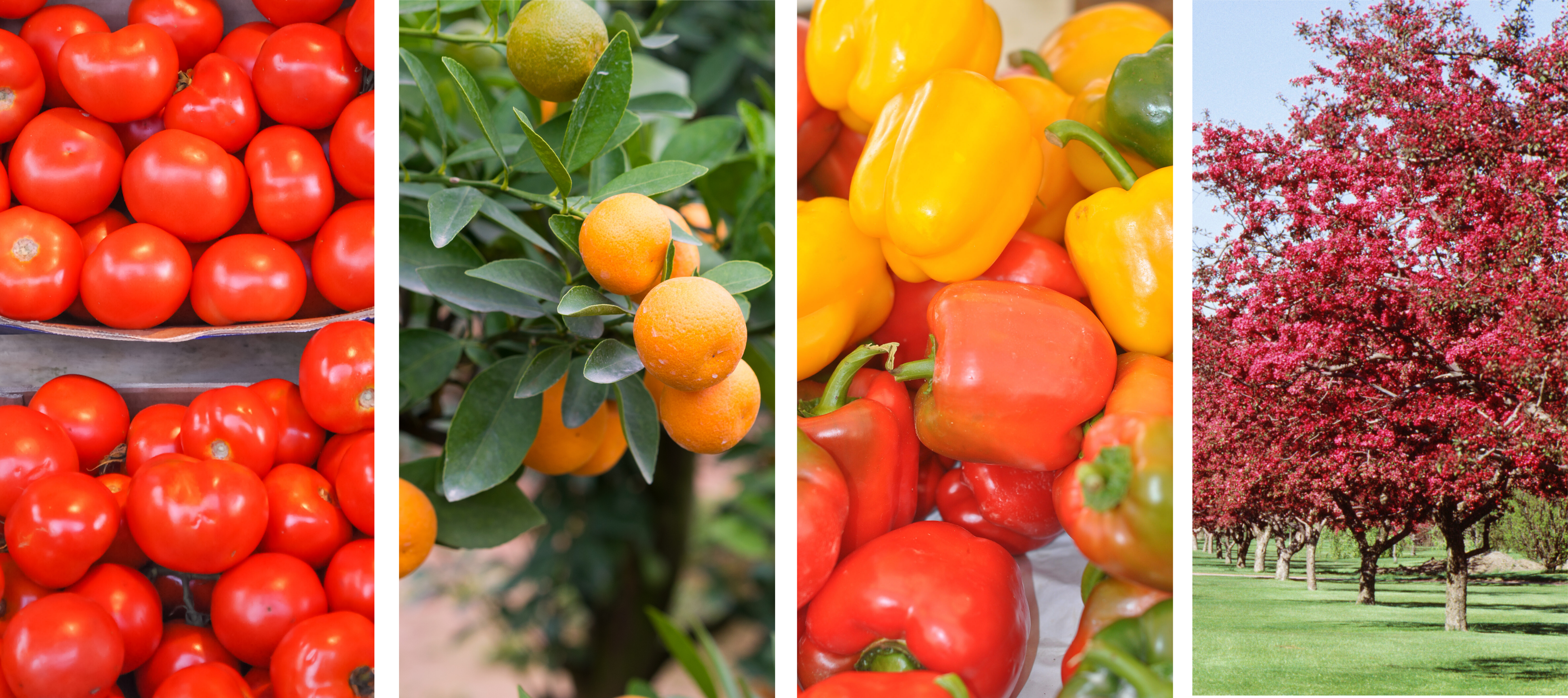Kentucky Specialty Crop Impacts of COVID-19

Author(s): Cindy Finneseth | Kentucky Horticulture Council
Published: May 27th, 2020
Shareable PDF
It has been comforting and exciting to see the resiliency shown by Kentucky specialty crop producers this spring during the COVID-19 pandemic. Here, unlike other states, all specialty crop operations were considered essential businesses and therefore able to continue to provide valuable products and services to consumers. This is, perhaps, the most critical factor mitigating industry disruption for the specialty crop segment of Kentucky’s agriculture economy.
We have seen farmers markets, garden centers, and individual farms quickly implement strategies for online ordering and payment, curbside pickup, contactless payment, and delivery services to meet the needs of their current clientele while simultaneously responding to increased demand by new customers. Because our produce growers are already operating in a food safety mindset, it was fairly easy for most to review their farm food safety plans and simply tweak standard operating procedures to comply with current recommendations for worker and customer safety.
Wholesale produce markets were altered drastically this spring with the loss of sales to restaurants, schools, and other institutional markets. Recently announced federal support programs will be important to wholesale growers’ economic recovery. How did growers immediately respond to the market disruption? Most by quickly pivoting from a wholesale sales strategy to a direct-to-consumer model. How did consumers respond? Well, for the 58 farms advertising CSA shares this spring, nearly all report that they have sold out or are nearing share capacity for the season. Many farmers market vendors report selling out in advance of or early into the market day.
Ornamental growers and retail businesses are reporting 30-40% increases in sales compared to previous years. Possible drivers include customers: being at home and having the time and interest to freshen up landscapes; wanting to grow their own vegetables and fruits; and purchasing replacements for early planted materials damaged by late freeze events.
The season has highlighted areas that need further consideration. Most reports are from more urban areas and rural areas may experience different impacts. Many growers report selling out of several items, which may sound positive, but presents a challenge if customers are disappointed when popular items are not available and poses a danger if production plans in subsequent years are solely based on this year’s experience. While some buyers (i.e. groceries) indicated interest in sourcing locally-grown produce, many growers who may have been interested lack the third-party Good Agricultural Practices (GAPs) certification required by some businesses. We have also heard about challenges in hiring, training, and retaining staff.
How do we maintain this momentum for specialty crops AC (after COVID)? Specialty crop producers must continue to be innovative, carefully examine their marketing strategy and be ready to pivot when necessary, and focus on the customer experience to establish relationships that persist long into the future.
Author(s) Contact Information:
Cindy Finneseth | Executive Director | Kentucky Horticulture Council | cindy@kyhortcouncil.org
Want to read more from our extension team? Check out our recent articles.
PPP Loan Forgiveness
May 27th, 2020
Several weeks ago, Congress passed the CARES Act, which included legislation to provide loans to small businesses. One of the loans administered through the Small Business Administration (SBA) became commonly referred to as PPP loans, or Paycheck Protection Program.
Coronavirus Food Assistance Program (CFAP) Update
May 27th, 2020
USDA has announced details of the Coronavirus Food Assistance Program (CFAP) designed to compensate farmers who have suffered losses due to COVID-19. On April 17, 2020, U.S. Secretary of Agriculture Sonny Perdue announced the CFAP which evolved from funding provided in the Coronavirus Aid, Relief, and Economic Security (CARES) Act, the Families First Coronavirus Response Act (FFCRA), and other existing USDA funds.
